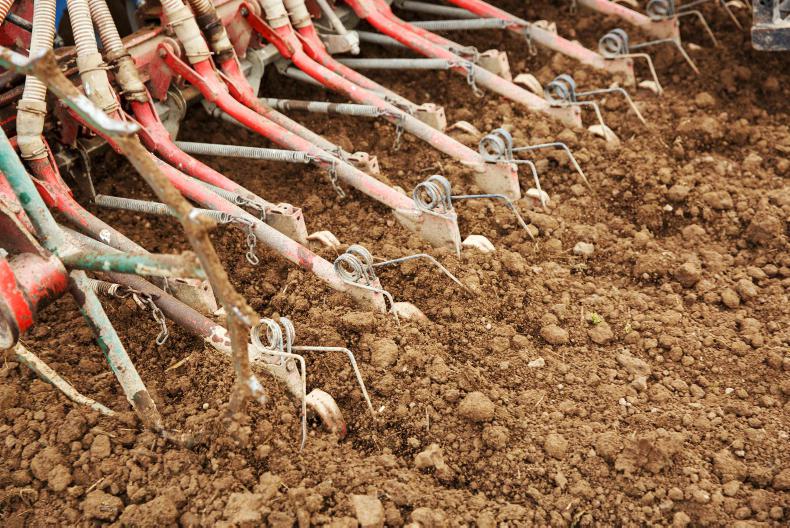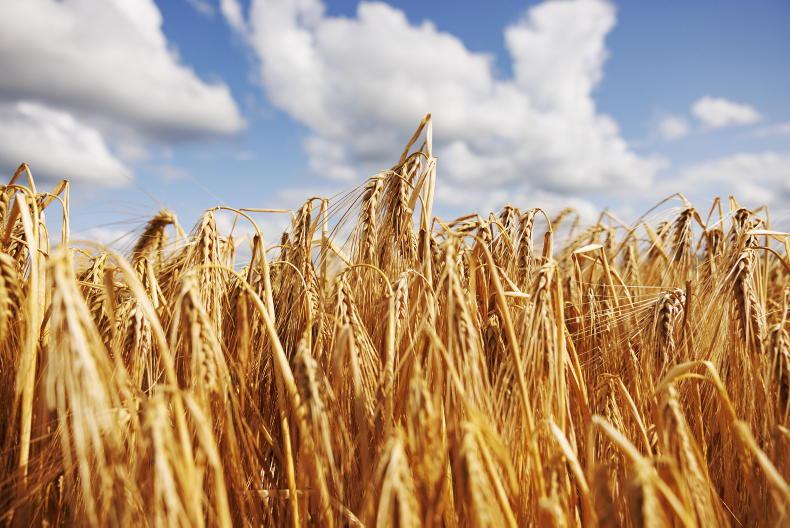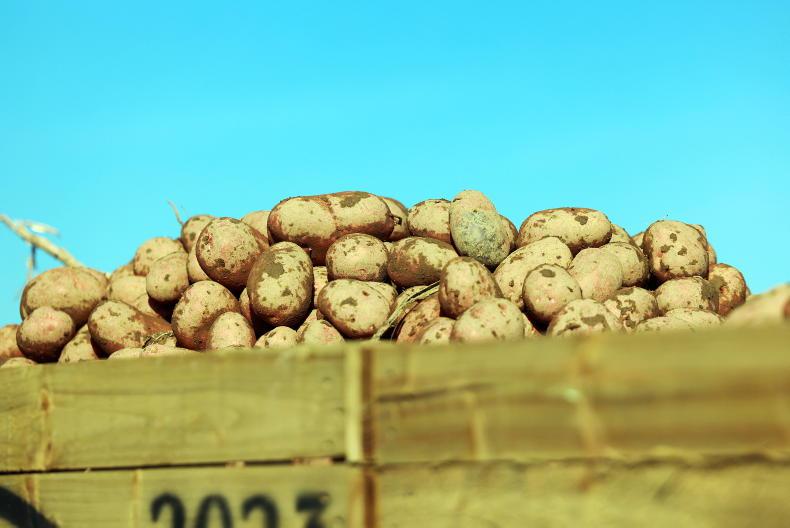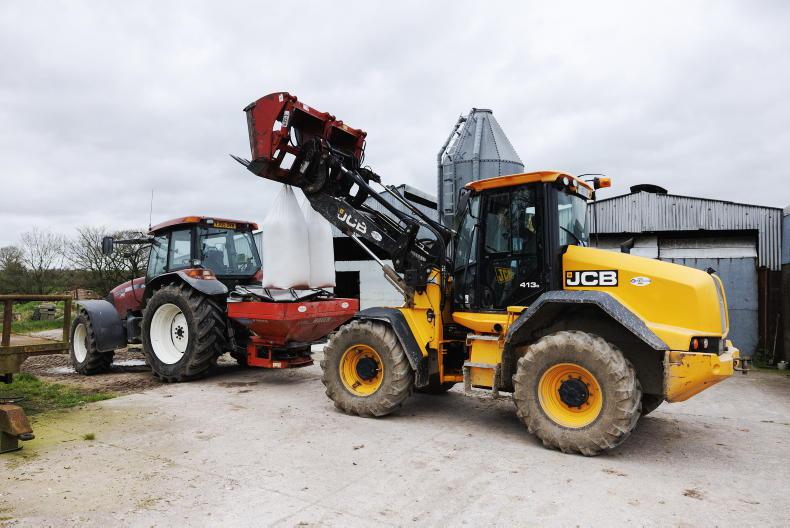Disappointing
Spring barley yields have continued to disappoint with definite regional variation. It is hoped that yields are improving as the harvest progresses but not by a lot so far.
In general it would appear that straw yield is mirroring grain yield so these are well back too.
Winter rape
It is time to consider planting rape again.
There may be a few breaks in the weather for harvesting so winter rape can be planted in good time. Forward prices are somewhat favourable at the moment also.
If you have access to high-N organic manures such as pig or poultry ahead of rape, perhaps you might delay planting hybrid varieties for a week or so to prevent excessive autumn growth.
The four recommended varieties – Anastasia, DK Extrovert, PX113 and SY Harnas – were described recently in the Irish Farmers Journal.
These recommended varieties have been heavily tested for robustness and reliability in our climate.
Plant conventional varieties at 65-80 seeds/m2 initially, moving on to hybrid varieties at 35-40 seeds/m2. Rates must always be influenced by sowing date, soil fertility and soil conditions.
The dry year should mean extra N in the seedbed and this may be sufficient for early planted crops. Seedbed nitrogen, and possibly P and K, may make more sense with later planting to ensure good autumn growth.
Keep a close eye on establishing crops for signs of flea beetle.
These can attack from the early cotyledon stage and they eat small holes in the surface of the leaf. If damage is severe enough seedling loss will occur.
High early vigour is useful to help cope with damage.
Consider putting out a yellow coloured dish or plate, containing water, to trap beetles so you can evaluate activity before damage is evident. The beetles are quite small (1.5-2mm wide and 3-4mm long) and black in colour. They appear to jump about. Insecticide sprays may be needed where feeding activity is evident.
Slugs need to be monitored but put down traps to test for activity rather than applying pellets automatically. Don’t wait for the crop to be damaged before you act.
Potatoes
There are no guarantees that can turn back the clock on the current sprouting issues.
However, the use of maleic hydrazide, most commonly known as Fazor Star, seems to have the capability to stop cell division in the sprout or growing point from the point of application.
What that means for an individual crop depends on the specific crop. Do not treat crops grown for seed.
So it seems that Fazor has the potential to do some good through reducing or stopping secondary growth.
Forum
The annual Teagasc National Crops Forum is to take place on Tuesday 11 September at the Kilashee Hotel outside Naas. This year’s event will focus, as usual, on markets and varieties but it will also examine the opportunities for forage sale/trading by tillage farmers given the current challenges to the livestock sector.









SHARING OPTIONS